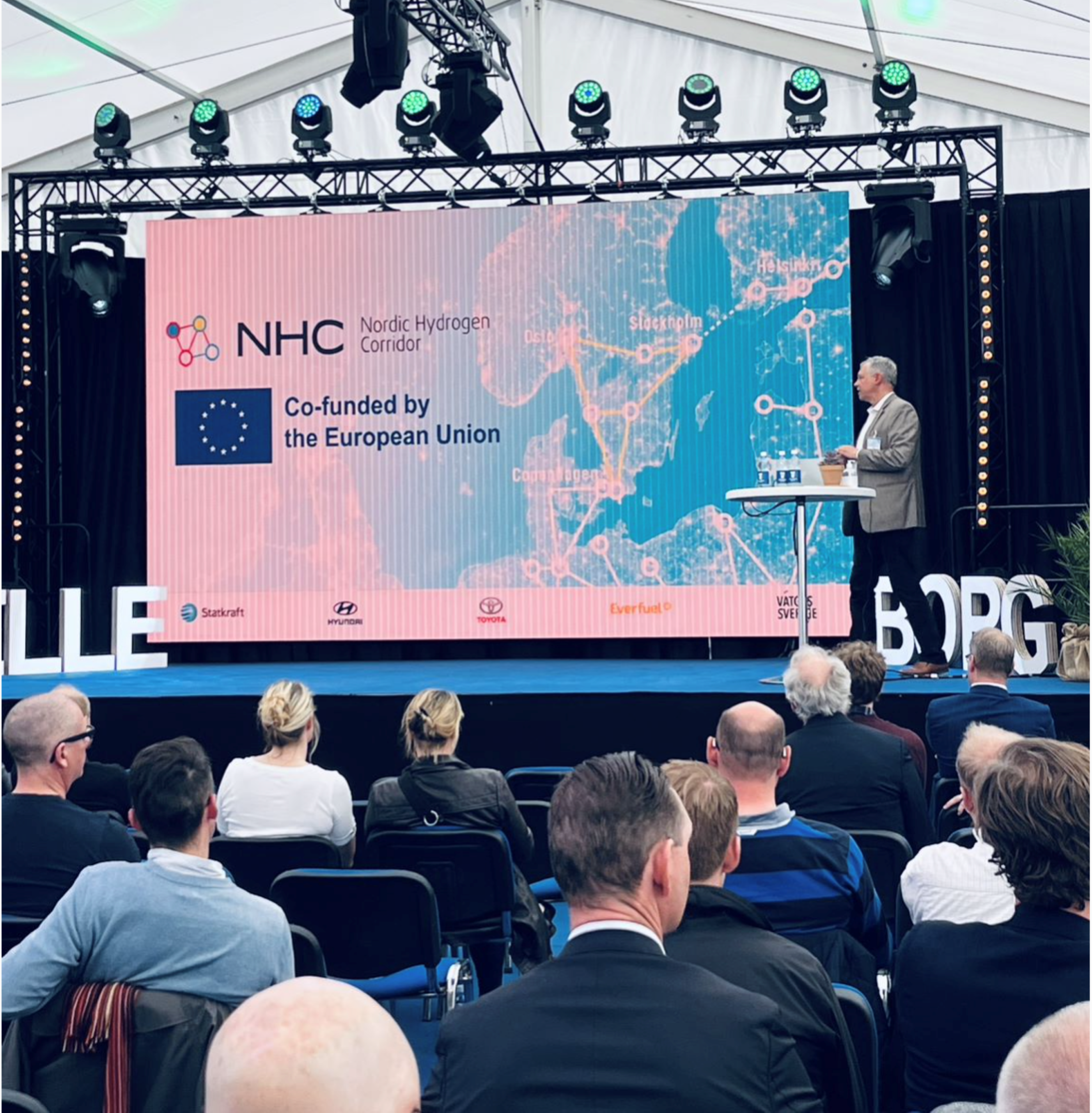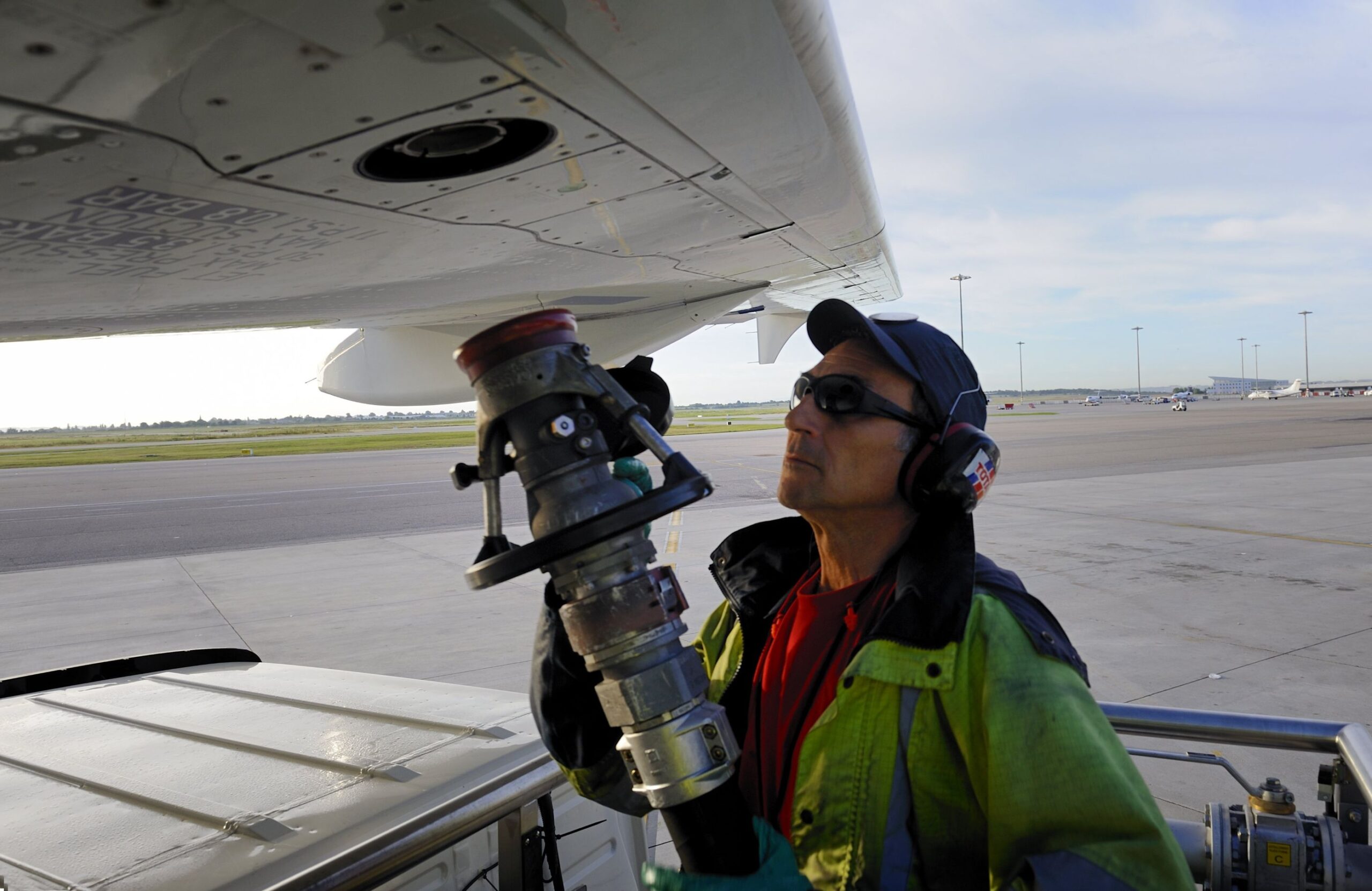Nordic-Baltic Hydrogen Corridor to get €6.8m from EU Commission

It is hoped that the hydrogen corridor project will reduce carbon emissions by up to 37 million tonnes of CO2 equivalent annually by 2050.
Planned hydrogen corridor infrastructure that will connect countries between Finland and Germany is tipped to receive a €6.8 million grant from the European Commission via the Connecting Europe Facility fund.
Also known as the Nordic-Baltic Hydrogen Corridor (NBHC), the financing will allow the project to carry out feasibility phase studies across its respective countries – Finland, Estonia, Latvia, Lithuania, Poland, and Germany.
These studies include pipeline routing, compressor stations planning, and investigations on an implementation timeline. They are expected to run until the end of 2026.
Nemunas Biknius, head of the Lithuanian gas transmission system operator Amber Grid, said: “The grant awarded to the Nordic Baltic Hydrogen Corridor is a testament to the strong collaboration and forward-thinking approach of the entire consortium.”
The NBHC is a joint project of six European transmission system operators: Finland’s Gasgrid vetyverkot Oy, Estonia’s Elering, Latvia’s Conexus Baltic Grid, Lithuania’s Amber Grid, Poland’s GAZ-SYSTEM, and Germany’s ONTRAS.
It is hoped it will become a cornerstone of Europe’s energy landscape, fostering a green economy and “significantly to decarbonising” energy systems, including hard-to-abate industrial sectors, and reduce carbon emissions by up to 37 million tonnes of CO2 equivalent annually by 2050.
Mr Biknius continued: “[NBHC] represents a shared vision for a cleaner, more resilient energy future, and we are excited to help make that vision a reality.”
As stated by Elering, for Europe, this project strongly supports the EU’s hydrogen strategy and the REPowerEU plan, reducing the reliance on Russian energy imports.

